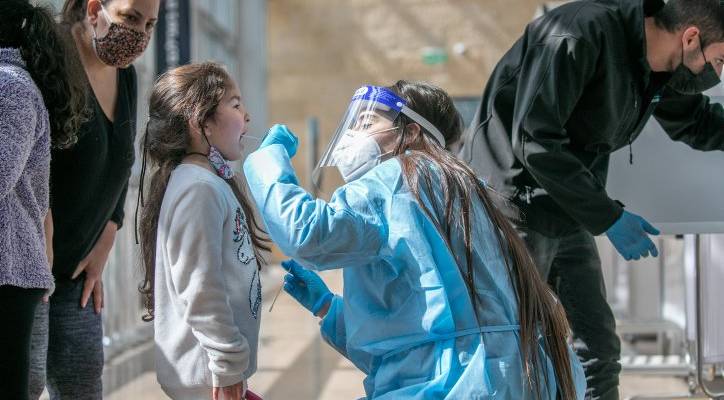The COVID-19 mutations are spreading rapidly, and the new Israeli test is reliable, cheap and fast for detecting the variants.
The new British and South African forms of the COVID-19 coronavirus are spreading faster and infecting more people, and a team of Israeli researchers announced Tuesday they have come up with a new, inexpensive and reliable test to help fight the mutations.
Scientists at Ben-Gurion University of the Negev realized that the current coronavirus tests “are expensive, time-consuming or indirect” and that the medical community needs something that works faster.
The current standard for coronavirus variants testing is the next generation sequencing (NGS) approach, but that sequences the entire virus genome, which is expensive and time-consuming.
The BGU scientists developed a direct rapid, cost-effective test that successfully identifies the British or South African variants. The tests reduce from days to hours the time needed to determine whether an infection is caused by a variant.
Drs. Karin Yaniv and Eden Ozer, under the supervision of Prof. Ariel Kushmaro, developed the rapid tests, which are based on a chain reaction (RT-qPCR) that uses “gene deletion” to differentiate the variants from the original SARS-CoV-2 strain.
The new tests produce quick results so that health authorities can give a proper response and contain novel mutations.
This method may also provide a basis for developing new tools for the detection of additional variants in the future, according to the researchers, who tried their tests on sewage samples from several cities, including Beersheba, home of the university, and successfully detected the British mutation.
“My lab has been working hard throughout this pandemic to provide early warning and detection tools. Our detection system of corona in wastewater successfully completed a pilot program in 14 cities around Israel,” Prof. Kushmaro said, adding that “we continue to refine our research in service to humankind.”










